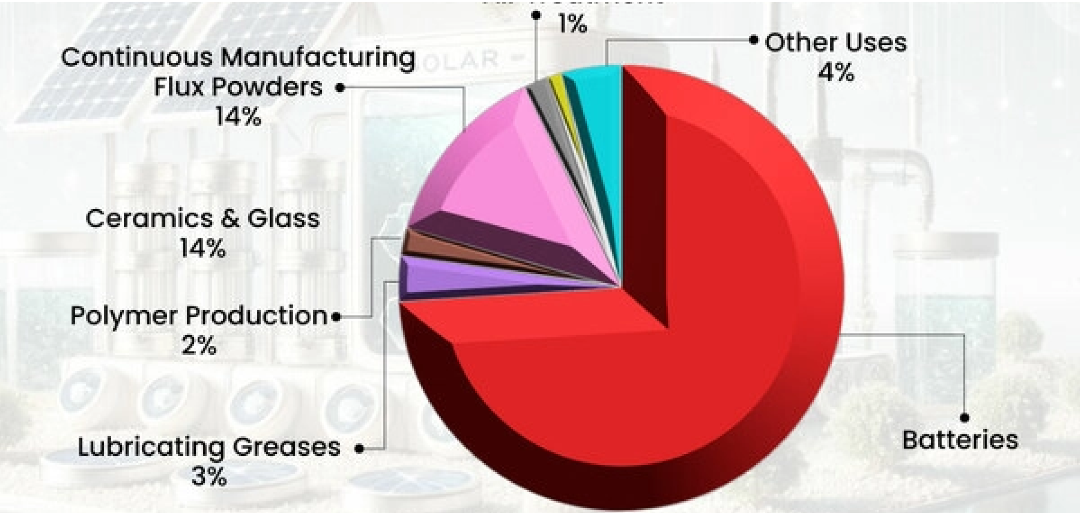The United States Department of Defense Collaborated with Alfred University to Develop Cutting-edge Military Technology
To speed up the creation of materials for hypersonic systems, Alfred University and the Detroit-based Defense Department's industrial innovation laboratory LIFT have announced the commencement of a materials characterisation and testing initiative, in December 2022.
Physical validation of LIFT's Integrated Computational Materials Engineering (ICME) workflow is being supported by Alfred University and its New York State College of Ceramics, a global leader in ceramic, ceramic matrix composite (CMC), and glass technologies. The team at Alfred University is explicitly comparing the qualities of ceramics made using additive manufacturing methods to those made using more conventional methods, all to improve the performance of hypersonic vehicles. To assist hypersonic modeling and testing, ceramics are subjected to a wide range of conditions, as the structure and properties of materials can vary depending on factors like temperature and atmospheric pressure.
The LIFT project will involve a partnership between Alfred University and UB's Center of Excellence (COE) for Materials Informatics. The American Lightweight Materials Manufacturing Innovation Institute (LIFT) is a public-private partnership between the U.S. Department of Defense, industry, and academia that aims to improve workforce preparedness by advancing advanced manufacturing technologies and expanding access to skilled workers. The Office of Naval Research (ONR) oversees the Department of Defence’s funding for LIFT.
The LIFT-Alfred University collaboration was announced shortly after Alfred University was given a government contract to aid a U.S. Army project involving the formation and characterization of ultra-high temperature ceramic (UHTC) materials. New York Democrat and Senate Majority Leader Charles Schumer announced during an August visit to the university. Alfred University and the DEVCOM (U.S. Army Capabilities Development Command), Army Research Laboratory, will collaborate on a new study with an initial $2.7 million in financing.

